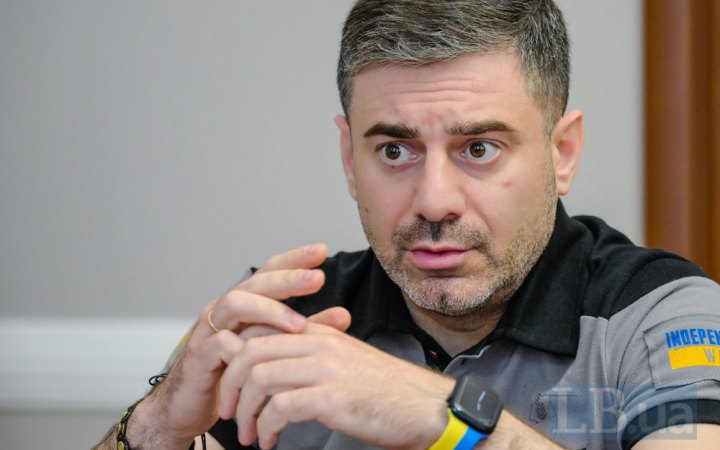Ukrainian Parliament Commissioner for Human Rights Dmytro Lubinets said that Russia is deliberately slowing down the process of returning Ukrainian children.
He said this during a speech at the Third Plenary Event of the International Coalition for the Return of Ukrainian Children, which was attended by representatives of the Coalition's member states, the Ukrainian authorities, international organisations and other key partners.
Lubinets informed the audience that Russia has abducted more than 20,000 children from Ukraine. However, there is a high risk of deportation of another 1.5 million children who remain in the temporarily occupied territories. Forced migrants and deportees have their personal data changed so that their families and homeland cannot find them and return them.
‘Our children are even sent to so-called ‘re-education camps’ where they are zombified with Russian propaganda. Just imagine: our children are being forced to deny their Ukrainian origin,’ he said in his speech.
Lubinets also told the international partners about the fate of orphanages, such as the Oleshky Orphanage, a municipal institution of the Kherson Regional Council, where children were first moved to the occupied territories and then deported to Russia. Children from the Kherson Regional Children's Home were deported to Russia and adopted without permission.
There are known facts that Ukrainian orphans taken to the Russian Federation receive inadequate medical care and have inadequate living conditions.
Ukraine is independently searching for and verifying the whereabouts of children, tracing their relatives and engaging family-based forms of care in this process. Ukraine is also working to improve legal mechanisms and cooperation between government agencies to protect the rights of children and their return. In particular, 2 key resolutions have been adopted, which are important steps in establishing internal processes aimed at returning deported Ukrainian children and ensuring their rights upon return.
The main problem now is that the Russian Federation is deliberately slowing down the process of returning Ukrainian children.
During the meeting, the Coalition summed up the results of its work over the past 6 months, outlined plans, and issued a Joint Statement defining the main principles of child return:
- transparency of data on children,
- access to children for international missions,
- support for Ukraine's humanitarian efforts,
- long-term support for reintegration,
- ensuring children's access to justice and fairness.
‘For Ukraine, international support is vital, so I called on all our partners to continue to work together and increase pressure on Russia. Its actions must be recognised as an international crime, and all those involved in the abduction of Ukrainian children must be brought to justice,’ Lubinets wrote.








